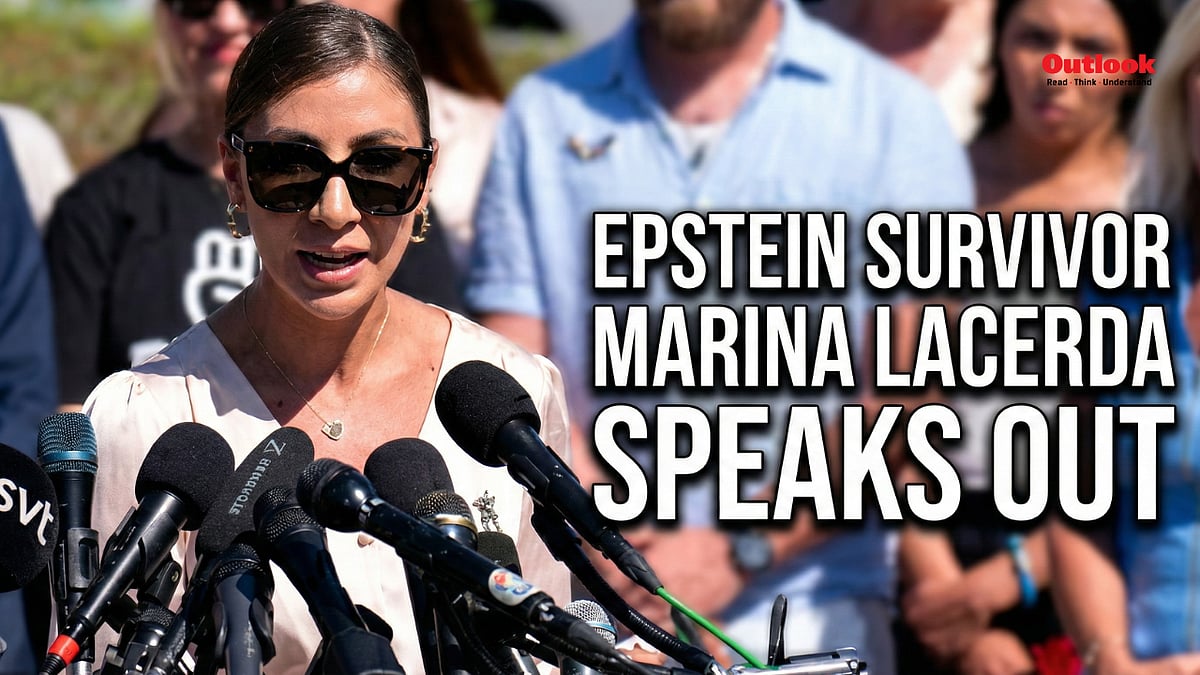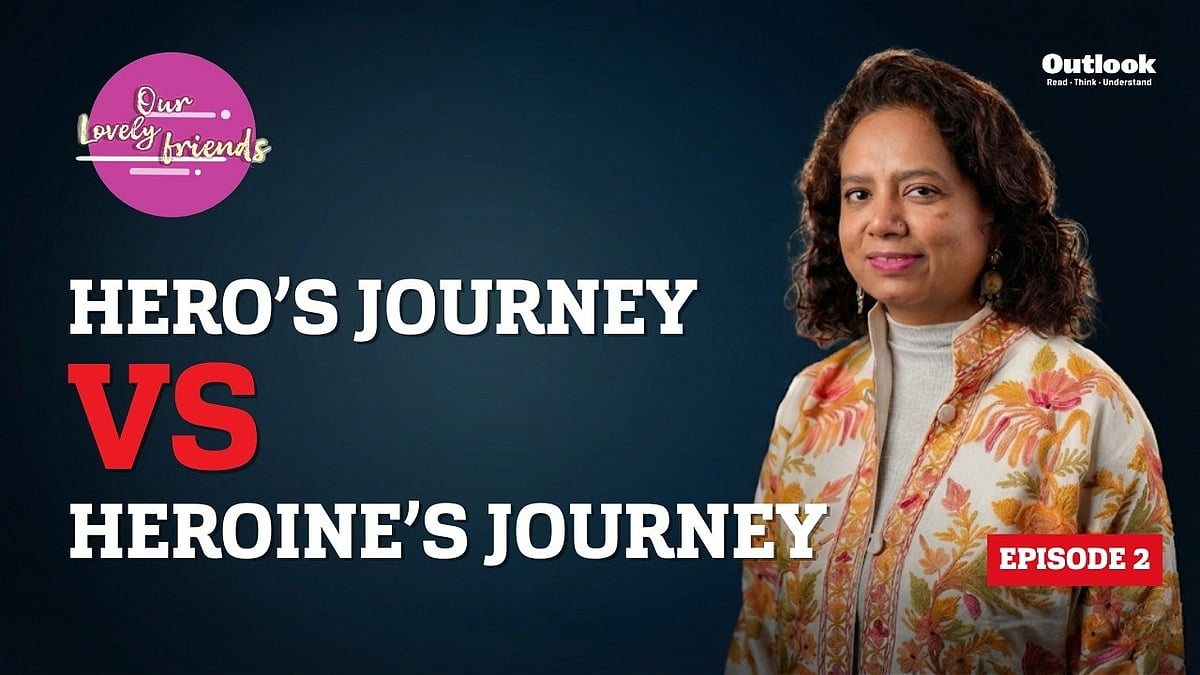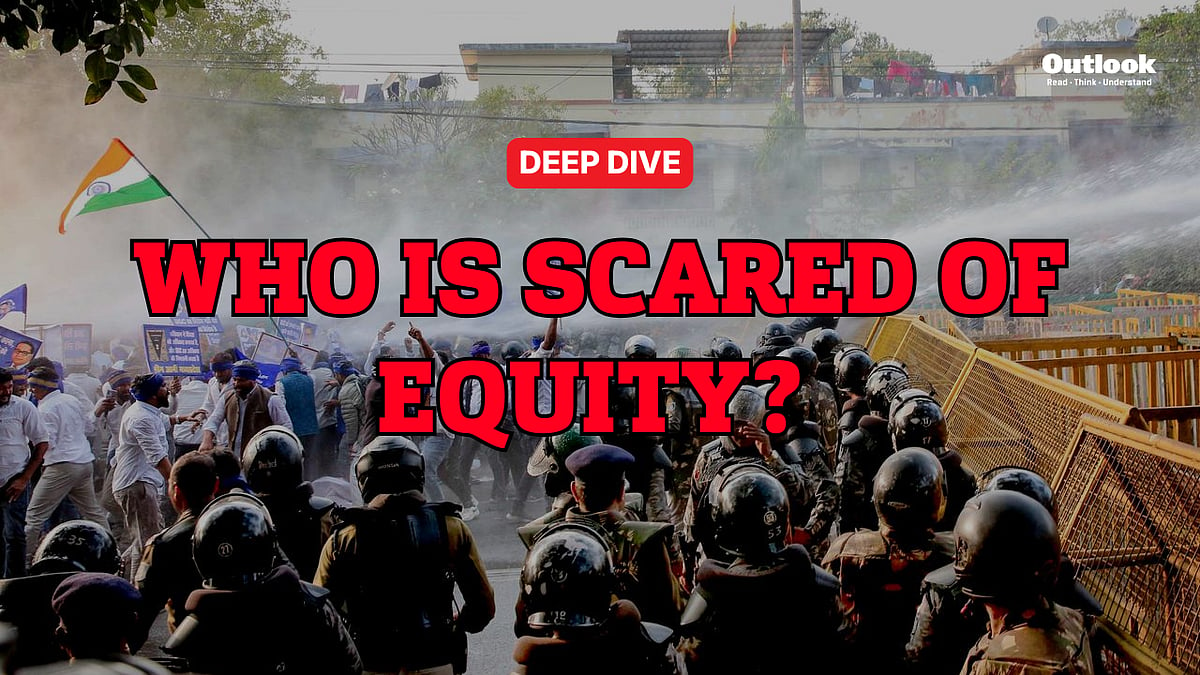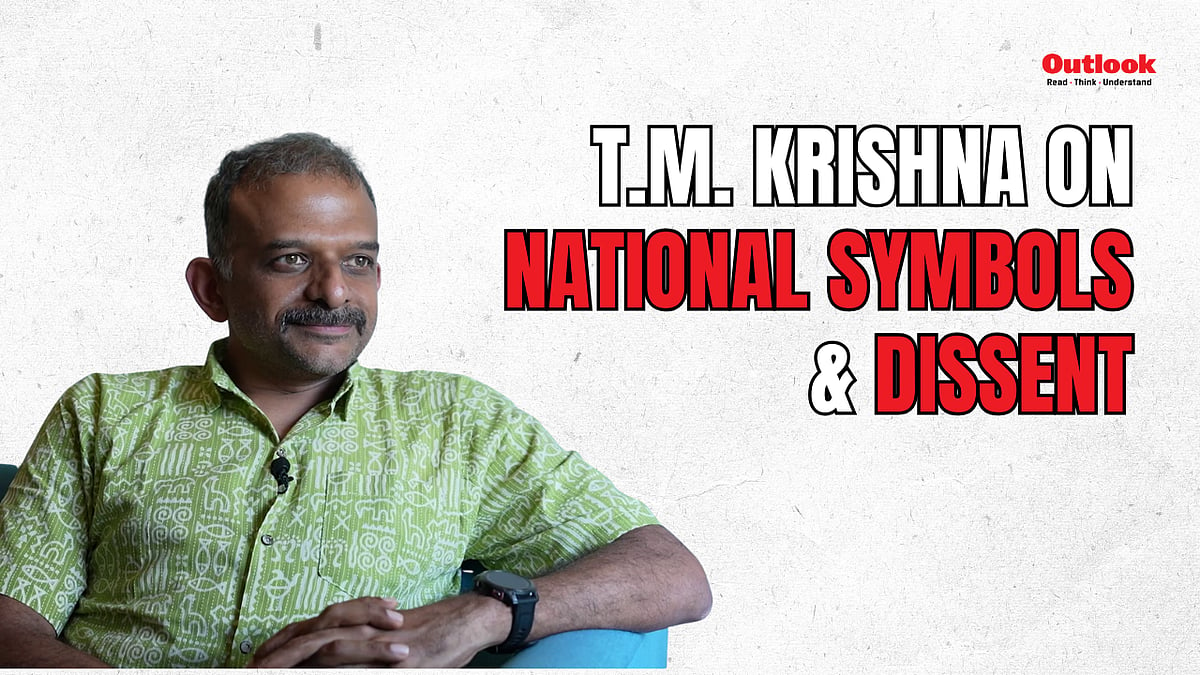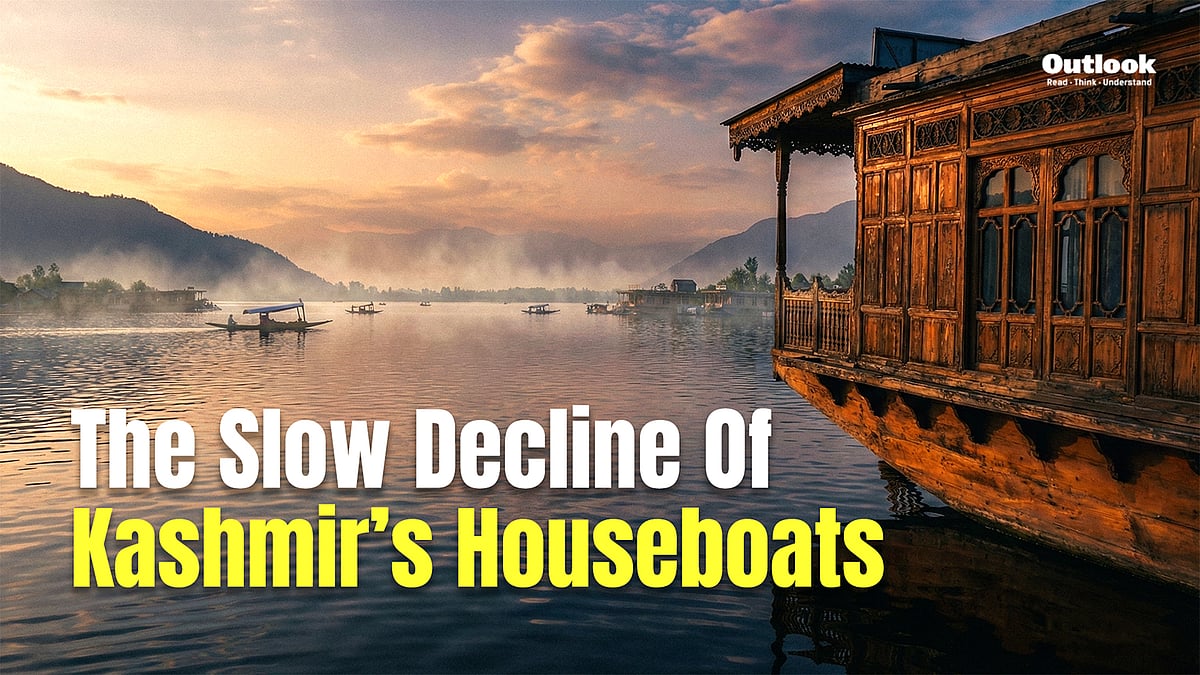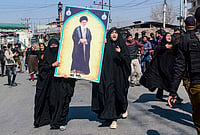Born in Ajmer, Ibrahim spent most of his growing years taking care of his mother, who suffered from a mental health disorder. She would often wander the streets, looking for his father, who had left them because of her condition. To support them, Ibrahim worked at a juice shop. Today, he works as an assistant cinematographer in the Indian film industry.
Outlook Editor Chinki Sinha says that sometimes we forget to give others the agency to tell their own stories—like Ibru, who grew up as a caregiver for a loved one with a mental health disorder. We try to act on their behalf, instead of simply asking them to speak for themselves. That, too, she says, is a form of freedom.
This Independence Day, Outlook dedicates its special issue to ‘Freedom From the Stigma of Mental Illness’, in collaboration with The Banyan, an organisation that provides housing to people with mental health issues, assists them with reintegration into society, and encourages them towards independence.
Vandana Gopikumar, the co-founder of ‘The Banyan’, is guest-editing the issue along with Dr. Sanjeev Jain and Dr. Lakshmi Narasimhan.
As we enter the 79th year of Independence, India is grappling with economic uncertainty and social fragmentation. Mental health issues affect all strata of the society. Yet, the national discourse around it remains limited. We can no longer afford conversations that exist solely in urban therapy rooms or academic conferences.
Dr. Gopikumar says, “If you look at it, having a valued social role, being respected, being able to have a conversation, being able to trust—that is freedom.”
From across the country—Uttar Pradesh, Jharkhand, Maharashtra, Tamil Nadu, Kerala, and Delhi—we bring you accounts of people struggling with mental health issues, caregivers, as well as ground reports highlighting the intersectional nature of mental health disorders through the lenses of caste, poverty, gender-based violence, and the presence of societal support, or its lack thereof.


